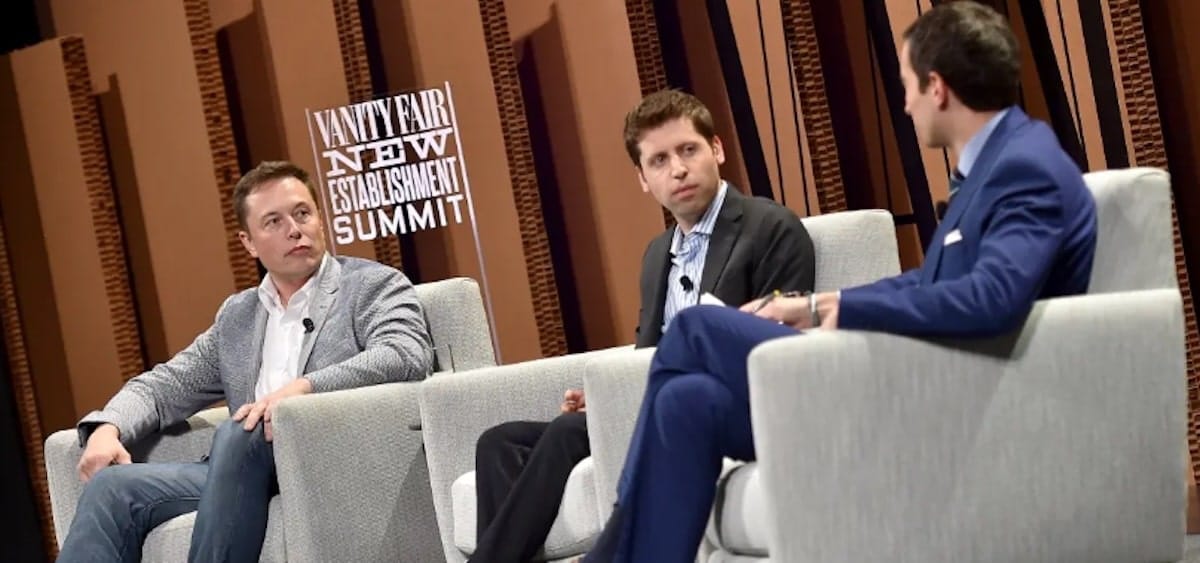The billionaire’s hostile bid reignites his conflict with OpenAI at a crucial moment for the AI company
Elon Musk has made a new strike in the artificial intelligence industry with an attempt to buy OpenAI for $97.4 billion, as revealed by The Wall Street Journal. However, the unsolicited proposal was quickly rejected by Sam Altman, CEO of OpenAI, who seized the opportunity to deliver a sharp retort:
“No, thanks, but we’ll buy Twitter for $9.74 billion if you want.”
Musk’s response was swift, arriving with a terse “scammer,” making it clear that the dispute between the two remains very much alive.
Musk vs. OpenAI: a broken relationship for years
The history between Musk and OpenAI is not new. The entrepreneur was one of the co-founders of the company in 2015, but his departure in 2018 led him to become one of its biggest critics. Musk has repeatedly accused OpenAI of straying from its original open-source vision and becoming overly dependent on Microsoft, which has invested billions in the company.
This attempted acquisition comes at a transformational moment for OpenAI, which is considering becoming a Public Benefit Corporation (PBC) in 2025, a legal entity in the U.S. that allows for profit generation while maintaining a commitment to social benefit. This change, according to the company, is crucial to continue receiving investments and ensuring the sustainability of its ambitious AI projects.
Moreover, OpenAI faces fierce competition, especially with the emergence of DeepSeek, a new Chinese player that has called its leadership in the sector into question. This has sparked debate over the need to spend $500 billion on projects like The Stargate Project, one of OpenAI’s most expensive initiatives to date.
Musk’s plan and the conflict of interest
The bid led by Musk includes his own artificial intelligence company, xAI, and investment funds such as Valor Equity Partners, Baron Capital, and 8VC. In his statement, Musk justified his acquisition attempt by stating that “it’s time for OpenAI to return to being the open-source, safety-focused force it was in the past.”
However, many experts view this move with skepticism, considering it to be Musk’s attempt to take control of the most influential company in AI. Additionally, his closeness to the U.S. administration and his influence on strategic decisions have raised suspicions about a possible conflict of interest.
In other jurisdictions, such an acquisition attempt could be seen as a covert nationalization, given Musk’s weight in U.S. politics and his capacity to influence tech regulations.
OpenAI holds firm, but the conflict remains open
With the offer already rejected and tensions escalating, all signs point to the fact that the war between Elon Musk and OpenAI will continue. While Sam Altman’s company remains a benchmark in generative AI, its dominance is no longer unquestionable, and now it must contend not only with new competitors, but also with the planet’s most influential billionaire, determined to challenge its leadership.
This episode is just the latest in a series of confrontations between Musk and OpenAI, but it is clear that the battle for control of AI is just beginning.
Photo via: Samsung. Source: Artificial Intelligence News

